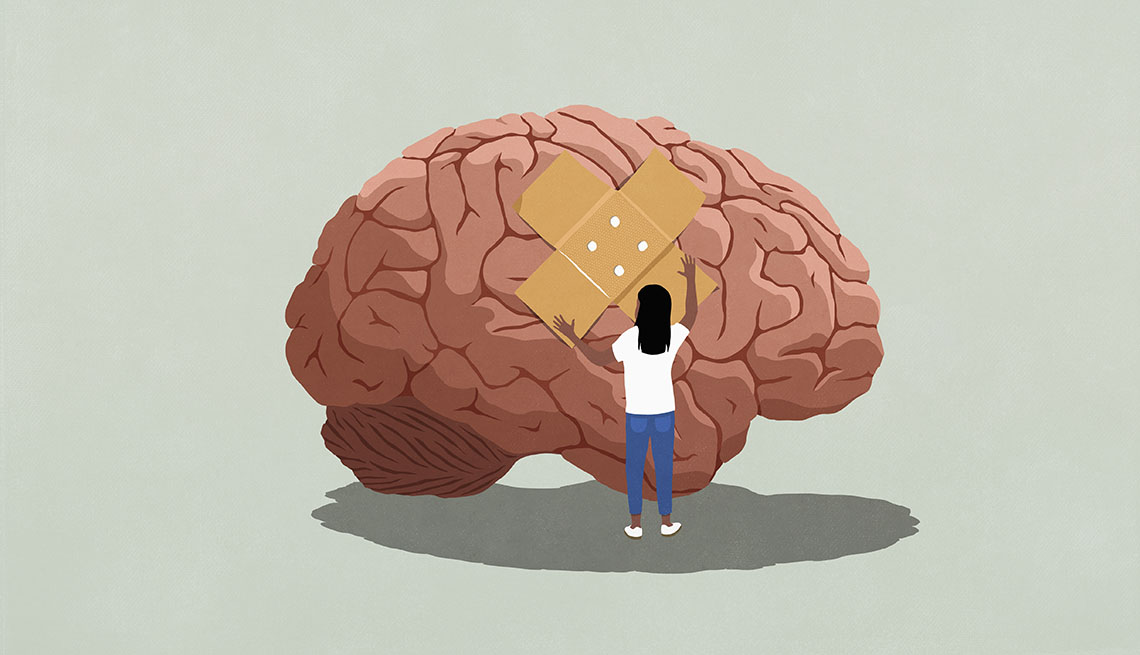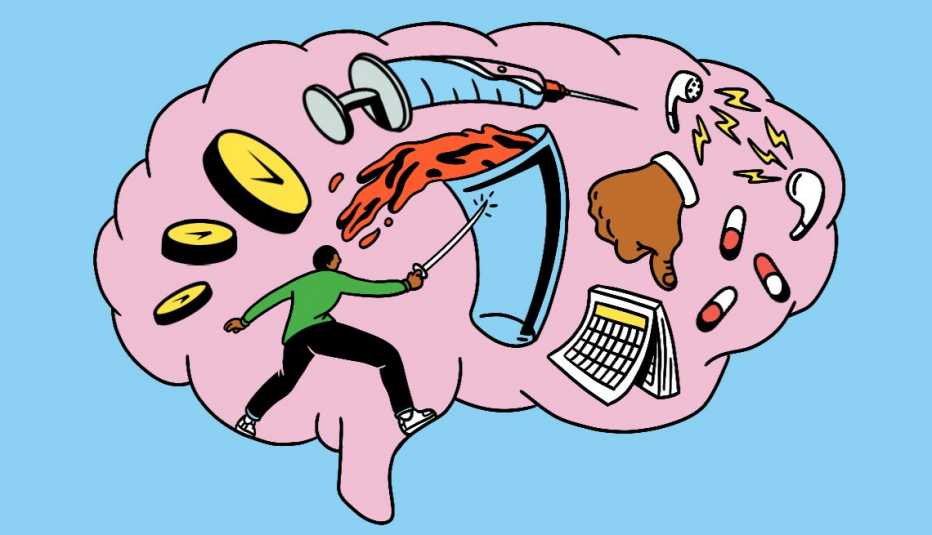Staying Fit
Whether it’s caused by a slip on the ice, a spill off a bike or a tumble on uneven ground, taking a hit to the head is nothing to overlook.
You could have a concussion — a type of brain injury that experts say requires immediate medical attention, since a swift diagnosis and proper treatment is key to preventing further damage.


AARP Membership— $12 for your first year when you sign up for Automatic Renewal
Get instant access to members-only products and hundreds of discounts, a free second membership, and a subscription to AARP the Magazine.
Concussions are especially a concern for older adults. An estimated 36 million falls are reported each year among adults age 65-plus, according to the Centers for Disease Control and Prevention (CDC). “And we know about 80 percent of head traumas occur in older adults from falls,” says Richard Figler, M.D., a staff physician at the Cleveland Clinic’s Center for Sports Medicine and director of the Concussion Center.
Read on to learn more about concussions, including their warning signs and symptoms, plus a few steps you can take to help prevent them.
1. What is a concussion?
A concussion is a mild traumatic brain injury, or TBI, caused by a bump, blow or jolt to the head, according to the CDC. These types of impacts can cause the brain to bounce or twist around in the skull, triggering chemical changes in the brain, and possibly stretching and damaging brain cells.
2. Concussion symptoms are wide-ranging — and not always obvious
When it comes to concussions, the range of symptoms is quite broad, says Ray Chu, M.D., associate professor of neurosurgery at Cedars-Sinai in Los Angeles. Some people might experience a headache; others have trouble with thinking or memory.
“Sometimes people have some light sensitivity or sound sensitivity,” Chu says.







































































